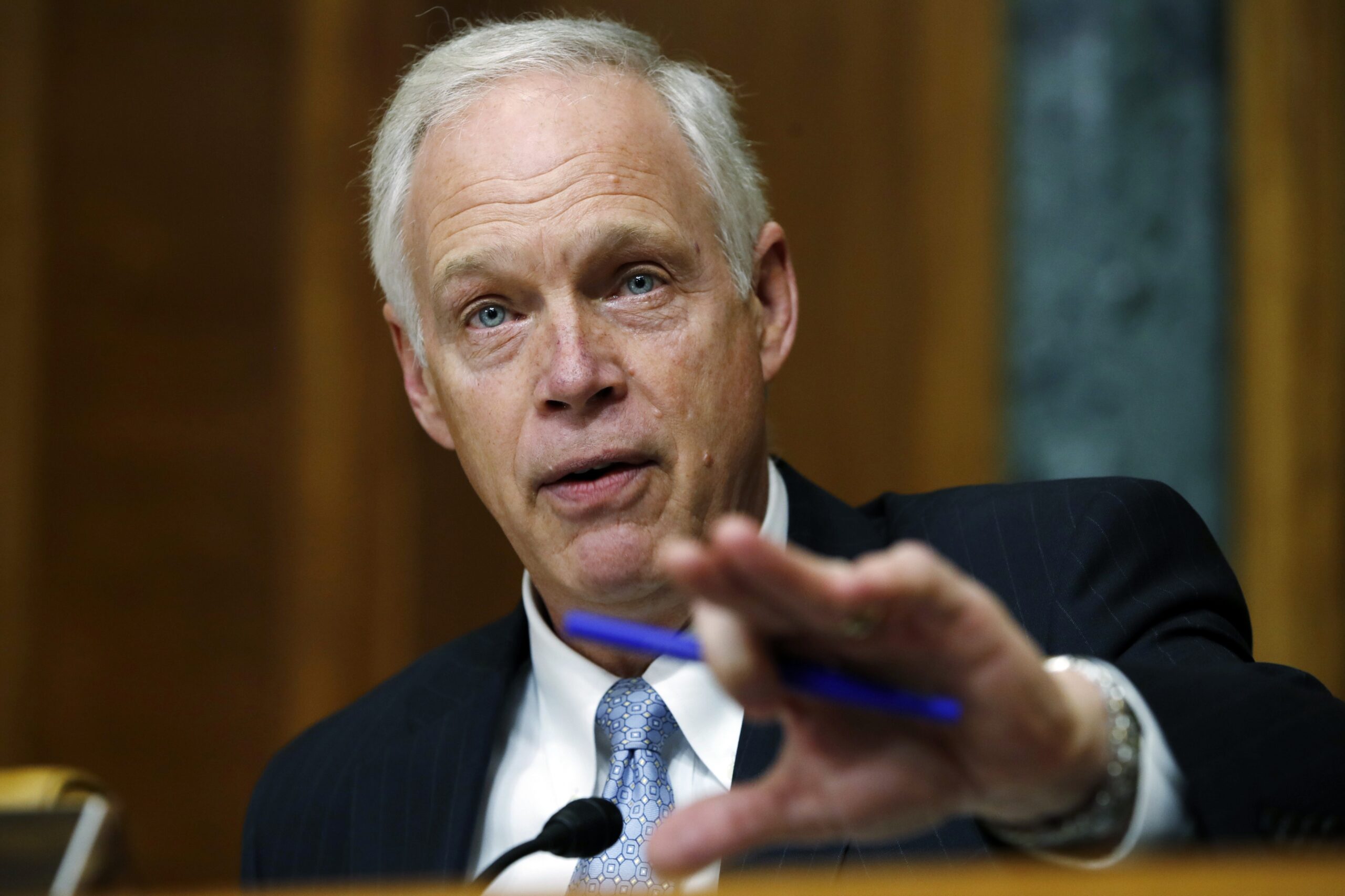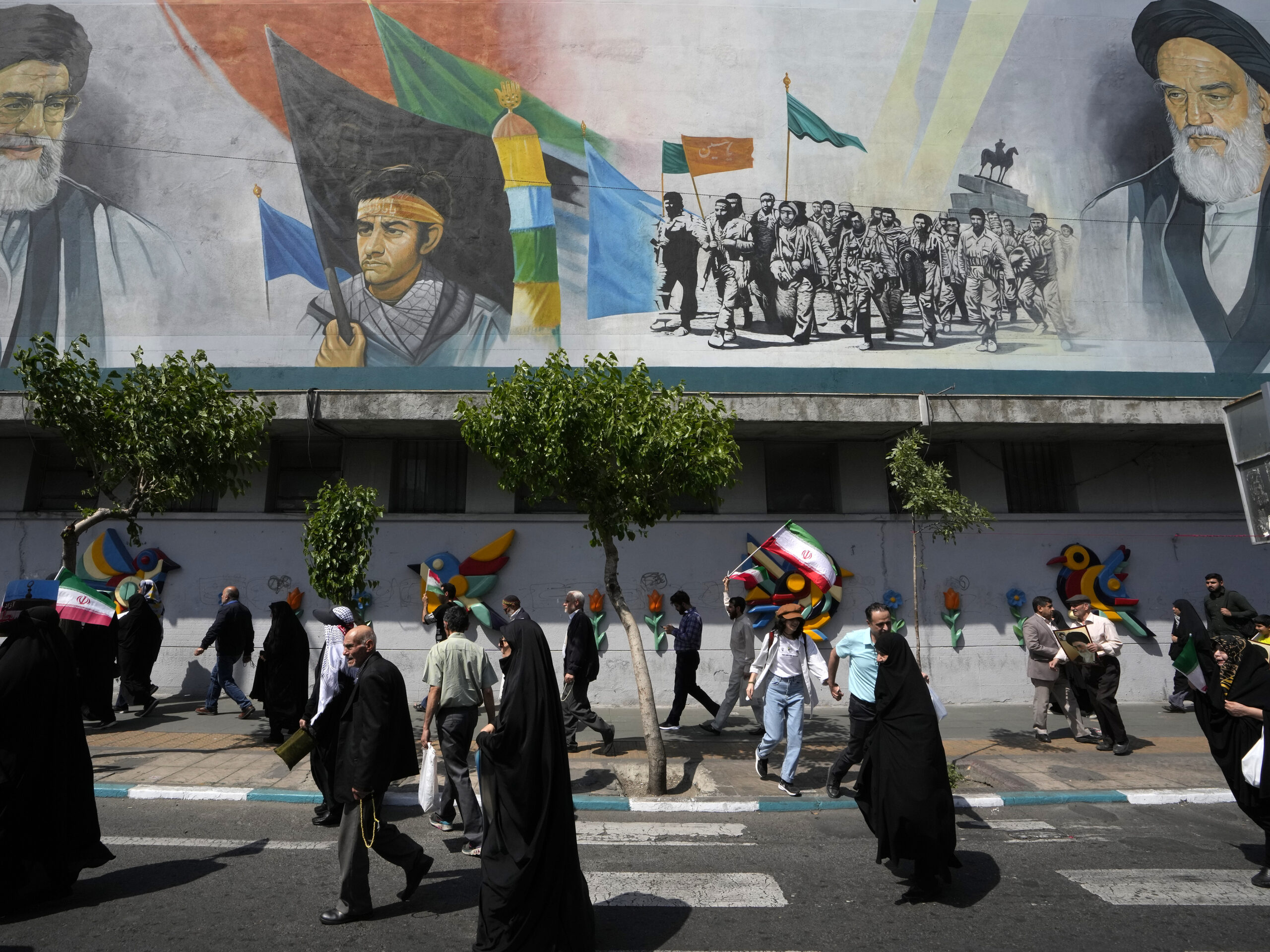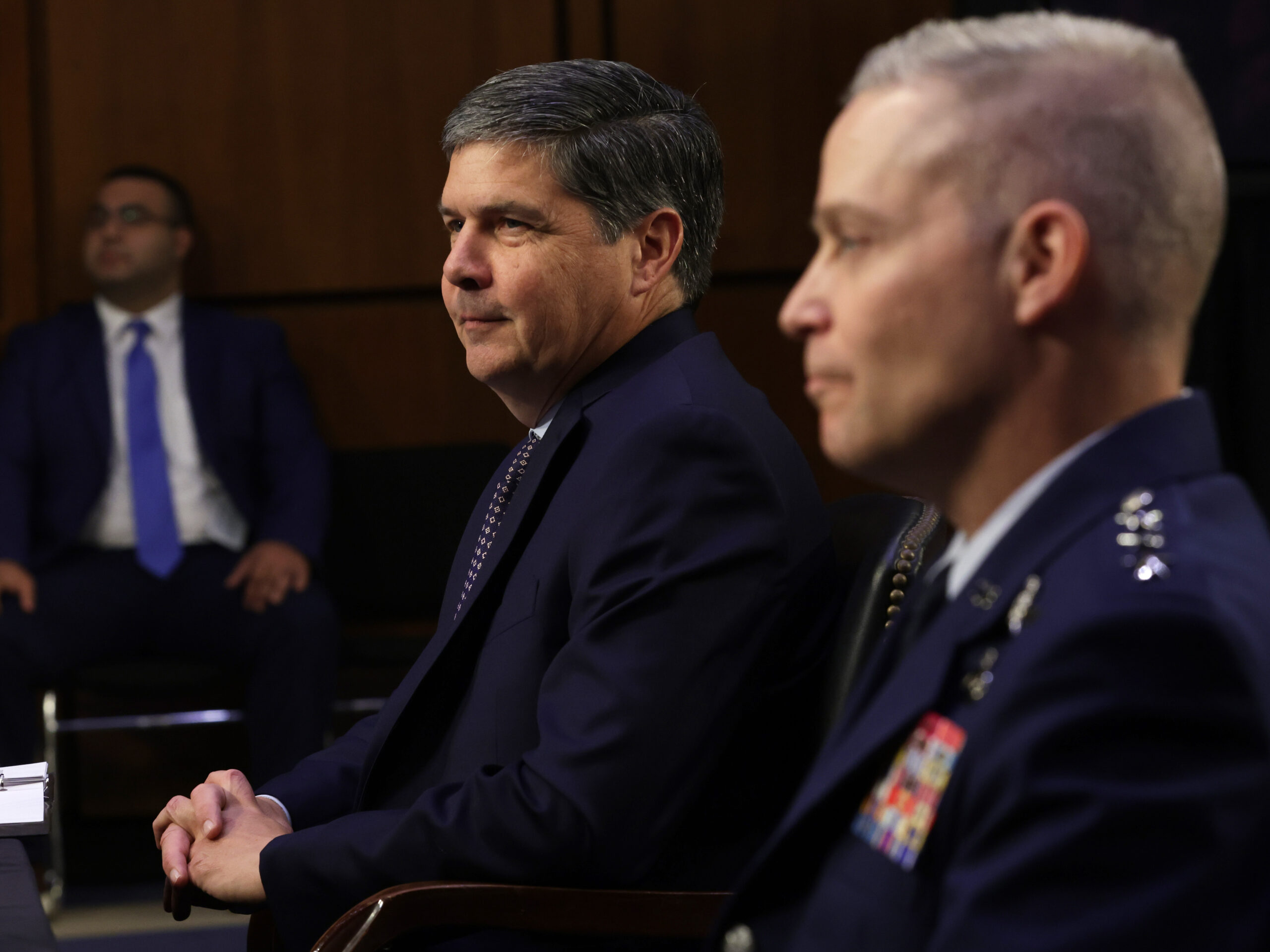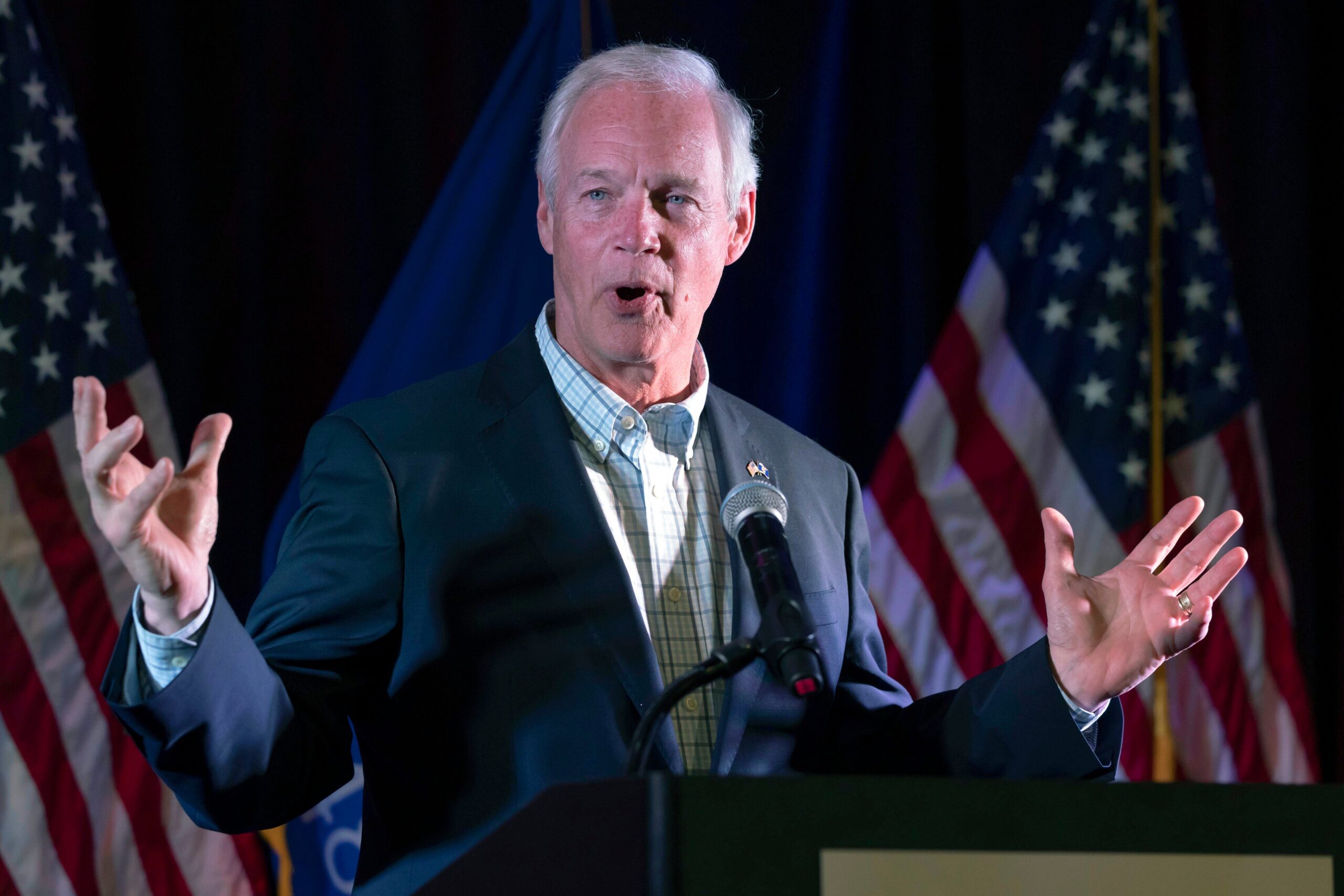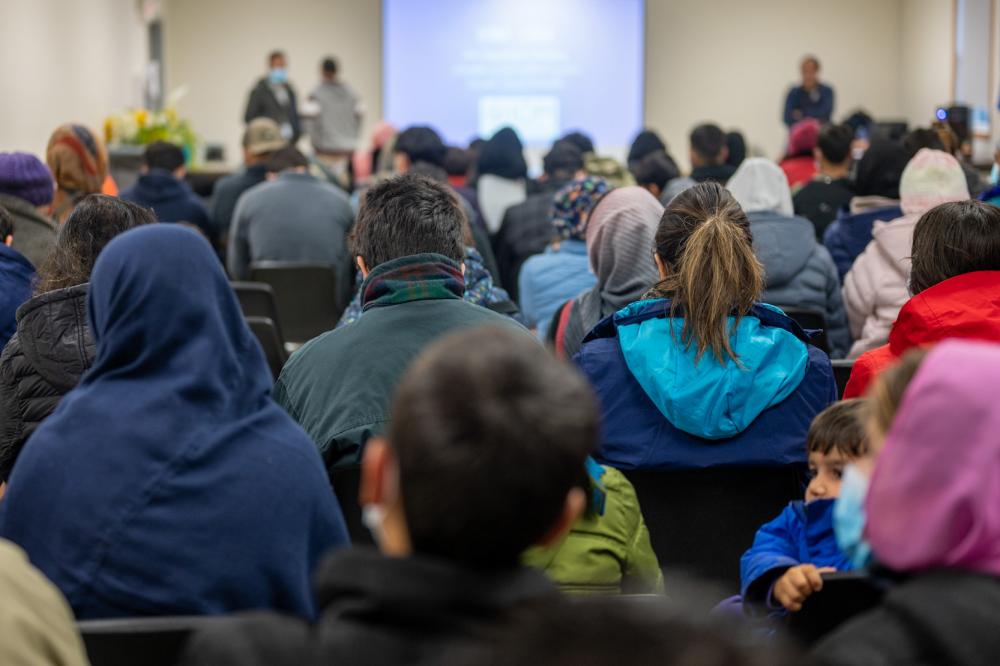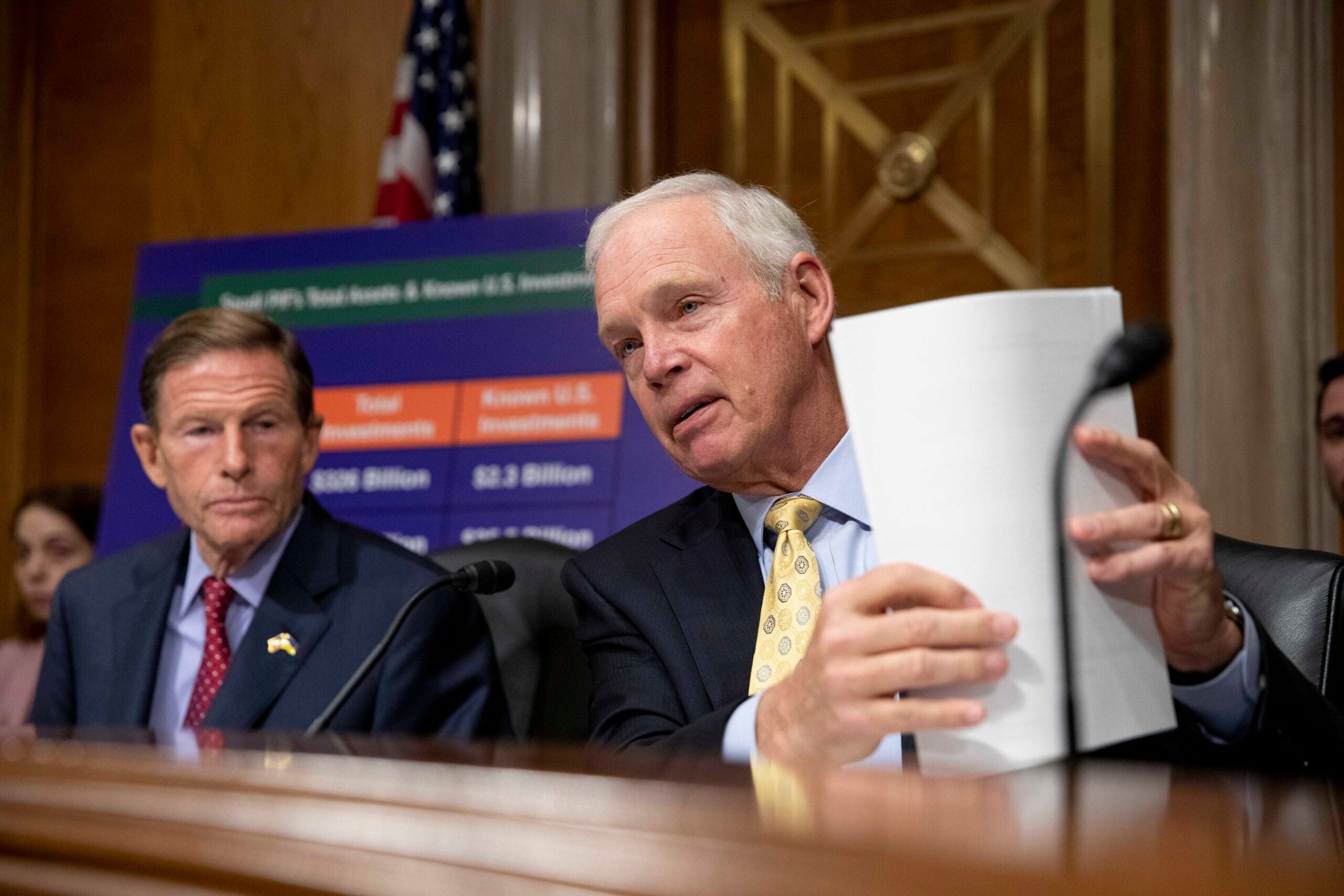Leaders across the globe are still searching for answers after a series of attacks on oil operations in Saudi Arabia last week, but U.S. Sen. Ron Johnson said he agrees with Trump administration officials who said they suspect Iran was involved.
During the Sept. 14 attack, a Saudi oil processing plant and another facility saw a series of explosions after being attacked from the air. Since then, a war of words has continued between President Donald Trump and other government officials and the Iranian leadership. While Iranian officials deny involvement, U.S. officials said they have intelligence that places the blame on those in Tehran.
As such, Johnson said he believes the Iranian government is posing a danger in the region. He said a military response shouldn’t be taken off the table.
Stay informed on the latest news
Sign up for WPR’s email newsletter.
“I do not believe we can allow Iran to become a nuclear power. Their behavior is so egregious, it is so menacing, that they are almost the last power in the world that I’d want to see have nuclear weapons. So that’s something we have to deny them. And that may require military action,” he said.
The Wisconsin Republican recently spoke with WPR’s “The Morning Show” host Kate Archer Kent about the attacks, as well as Russia’s meddling in elections and the nation’s continuing trade war with China.
The interview has been edited for brevity and clarity.
Kate Archer Kent: Tensions rising as we saw the flashpoint this weekend. The Trump administration says Iran appears responsible for attacks on the Saudi Arabian oil fields while Iran is denying this. The president has really amped up the rhetoric. “Locked and loaded,” he said in a tweet. Is a military response warranted right now?
Ron Johnson: I’ve looked at the intelligence.
It’s pretty simple, pretty basic. I’m not quite sure why we classify so much of this information, but my guess is we’ll completely verify it and then I hope we make it public.
So it is clear to me, I think as it was to Secretary (of State Mike) Pompeo, that Iran was responsible for this attack, and we need to understand exactly how Iran is threatening the region and, quite honestly, world stability here.
The Iranian agreement was an awful deal. We pumped more than $100 billion into the economy and the military of the world’s greatest state sponsor of terror. And then we backed off. I mean, I know President Obama (was) trying to change their behavior. It’s changed. It’s changed for the worse. So Iran is a growing threat. It’s a growing menace. And we do need to stop them before they actually become a nuclear power.
KAK: So military force against Iran, is it Iran’s proxies in Iraq or Yemen, or is it some kind of combination, or no retaliatory attacks? Where do you fall?
RJ: I think you need to keep all options on the table. I do not believe we can allow Iran to become a nuclear power. Their behavior is so egregious, it is so menacing, that they are almost the last power in the world that I’d want to see have nuclear weapons. So that’s something we have to deny them. And that may require military action.
KAK: Let’s move on to China. You disagree with President Trump’s trade war as an effective strategy. You’ve said there is no winning a trade war. So what should our country be doing differently to address your concerns with China?
RJ: Many farmers and manufacturers in Wisconsin are being hurt by the trade war, (but) we all agree with what President Trump is trying to do.
First thing we should do is ratify the USMCA (United States-Mexico-Canada Agreement). I’m calling on Wisconsin’s Democratic congressional delegation to put pressure on (U.S. House Speaker) Nancy Pelosi to bring up USMCA so we can ratify that, put that behind us.
If we could be a united front against China demanding that they stop stealing our intellectual property and comply with the World Trading Organization rules, from my standpoint that’s the best approach.
I don’t believe anybody wins a trade war. I do believe that China is paying the highest price. It is definitely affecting their economy far more than it is ours. So from that standpoint, if it’s a relative thing, we’re winning that one, but it still harms our economy, creates instability. The problem is China has a different type of political system. They can withstand the pain politically probably longer than we can.
KAK: There’s new Moody’s Analytics numbers out saying this trade war is causing 300,000 fewer jobs created in the U.S. By year end, it could be 450,000. Are you seeing a tipping point in this trade war?
RJ: We have record low unemployment. We still have a very strong economy. My concern is the uncertainty, the instability.
The metric I’m looking at is the growth in business investment, which was sky-high after President Trump stopped adding to the regulatory burden, signed a more competitive tax system. The instability of the trade war has shaken people’s confidence and we actually had a negative growth in business investment. That’s really what you need for a long-term economic growth, so that’s to me the alarm bell that’s going off.
This is a high-stakes poker game here basically. Who’s going to blink first? Again, China is being harmed far more than the American economy, but we’re not exactly going unscathed.
KAK: Are Wisconsin farmers are running out of patience?
RJ: Probably. They’re nearing their end of patience. But again, they understand that we have not been treated fairly, that we have been generous, magnanimous in terms of opening up our markets to the world, and we’d been taken advantage of. And they actually support pricing Trump’s goal of hopefully a zero tariff world, but also free, fair and reciprocal trade.
KAK: After federal investigations found Russia meddling in the 2016 elections, do you see a need for our government to boost election security ahead of 2020?
RJ: Both under the Obama administration and under the current administration, (the U.S. Department of Homeland Security) has actually done a pretty good job and it is primarily about highlighting it.
Our first line of defense on any kind of cyberattack is just awareness of it. They certainly made state and different election officials aware of this. They’ve gone through a fair amount of security clearances so we can transfer classified information to election officials. I think people have hardened their firewalls to prevent Russian interference.
But people need to understand, it’s almost impossible to change vote tallies other than through election fraud. In terms of the election files, to me that’s the greatest risk to our election system. And then you just have the whole social media interference. That’s been going on forever. It’s just a different means now. I mean, Russia’s always tried to interfere in our internal politics. They’ll continue to go on. I think social media companies have done a pretty good job at taking down some of the sites they developed.
KAK: Last month you were denied a visa to enter Russia as part of a bipartisan delegation. What were you trying to accomplish in going to Russia?
RJ: (We have been) trying to set up congressional to parliamentary exchanges so we can start the dialogue. Some point in time, Putin will be out of power. And it is good to have dialogue. It’s good to understand each other’s perspective.
I was allowed into Moscow in June or July of 2018, and then I was going to go on another bipartisan delegation. I don’t see why they think there’s any benefit whatsoever. I’m always going to speak the truth. I’ve been speaking honestly about Russia even when they did let me in. So again, I call it a petty affront. They’re just playing games.
Editor’s note: Johnson also discussed vaping, government shutdowns and elections in the WPR interview.
Wisconsin Public Radio, © Copyright 2024, Board of Regents of the University of Wisconsin System and Wisconsin Educational Communications Board.

